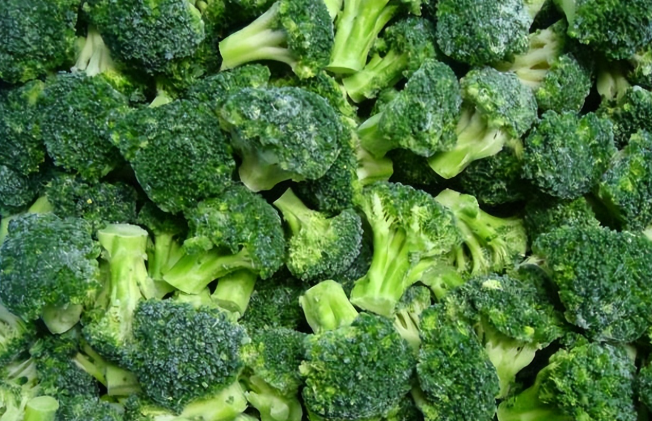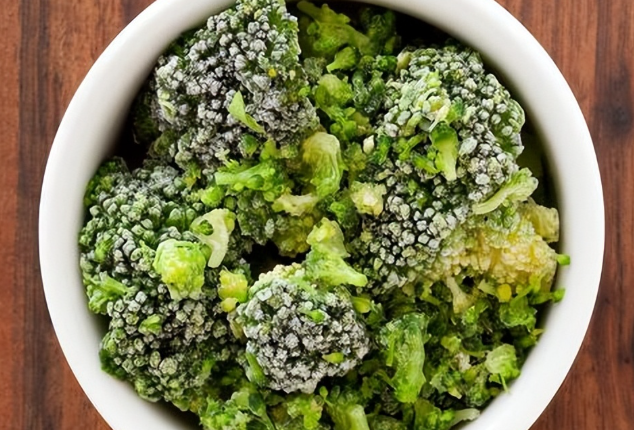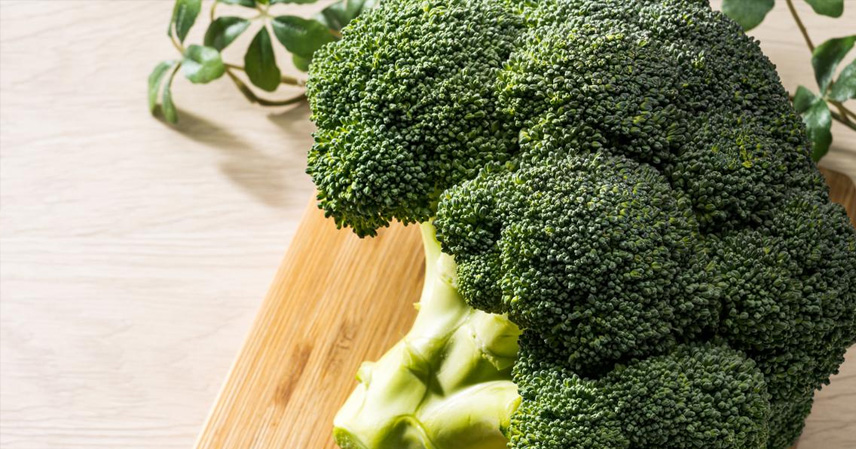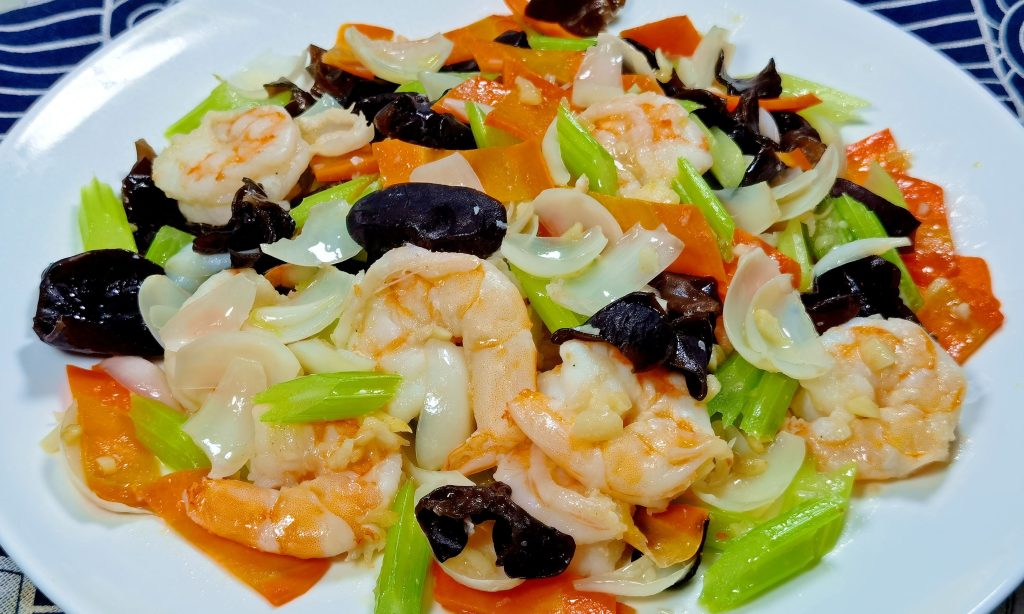Recently, frozen broccoli has sparked public debate due to its use in pre-packaged meals. Some people questioned: “How can it last two years without preservatives?” In fact, freezing vegetables is not new. For example, Xibei restaurants have clarified that they use “flash-freezing technology,” not ordinary freezin.
So why freeze a common vegetable like broccoli? From a supply chain perspective, fresh broccoli can reach supermarkets within two hours, or at most a few days, making it seem fresh. But here’s the catch—“fresh” is mostly about appearance; the real nutritional value diminishes quickly.
Once harvested, broccoli starts losing vitamin C and other nutrients. If transportation takes more than three days, nutrient loss becomes significant. Active enzymes in vegetables accelerate spoilage, and potential bacterial contamination during transit makes preservation challenging.

Flash-Freezing: Pausing Life in Vegetables
This is where flash-freezing comes in. Professor Jiang Zhuoqin from Sun Yat-sen University explains that freezing at very low temperatures “pauses life” in vegetables. Enzyme activity slows, bacterial growth is inhibited, and nutrient loss is minimized. While it doesn’t sterilize, it effectively suppresses microbial activity.
Flash-freezing also stabilizes supply. Broccoli cultivation in China is seasonal, and even with greenhouse production and inter-provincial transport, prices and availability fluctuate. Frozen broccoli allows year-round supply at stable prices, crucial for restaurant chains.
How Advanced Is Modern Freezing Technology?
Many people assume freezing is just putting vegetables in a freezer, but flash-freezing is far more sophisticated. At a frozen vegetable factory in Shouguang, Shandong, broccoli is processed the same day or the next day after harvest. The key steps are: cutting, blanching, and flash-freezing.
- Blanching: Similar to home boiling, this process deactivates oxidation enzymes in broccoli, preventing color and nutrient loss.
- Rapid Freezing: Vegetables are quickly cooled to -18°C or below. Fast freezing prevents large ice crystals that can rupture cells, ensuring that texture and taste remain intact after thawing.
- Microbial Reduction: Flash-freezing also reduces bacterial load, acting like a mini pasteurization process, which explains why frozen vegetables can last over a year without preservatives.
Nutritional Value: Is Frozen Worse?
Many assume “frozen” is less nutritious than “fresh,” but research shows otherwise.
A 2016 study in the Journal of Food Composition and Analysis compared fresh, refrigerated, and frozen broccoli. Vitamin C and folate levels were nearly identical: 50.2, 42.7, and 50.6 mg per 100 g, respectively. β-carotene was slightly lower in frozen samples, but the difference was minor.
Another study found that fresh peas and spinach lose almost all vitamin C after a few days at room temperature, while frozen vegetables retain their nutrients much longer. This explains why “fresh-looking” vegetables may not be as nutritious as properly frozen ones.
Of course, buying vegetables harvested the same day is ideal. But for busy office workers, parents, and fitness enthusiasts, frozen vegetables are a convenient and healthy alternative.

Household Freezing vs. Industrial Flash-Freezing
Home-frozen vegetables don’t reach the same level of technology. Experts recommend consuming frozen vegetables within 1-2 months at home, rather than expecting them to last a year.
Currently, China doesn’t have specific standards for frozen vegetables, only general safety regulations on bacterial levels and heavy metals. A detailed industry standard would help reassure consumers about nutrition and safety.
Summary
Frozen broccoli is not a shortcut—it’s a combination of technology and practicality. It locks in nutrients, extends shelf life, and stabilizes supply, suitable for both restaurants and busy households. When processed and stored properly, its nutrition and safety are on par with “fresh” broccoli. Instead of rejecting frozen vegetables outright, it’s better to understand the science behind them.
References:
- Flash-Freezing Technology Explained, Xibei Restaurants Response, 2023
- Jiang Zhuoqin et al., Journal of Food Composition and Analysis, 2016
- Frozen Vegetables: Nutritional Comparison with Fresh Produce, Food Science Reports, 2018



